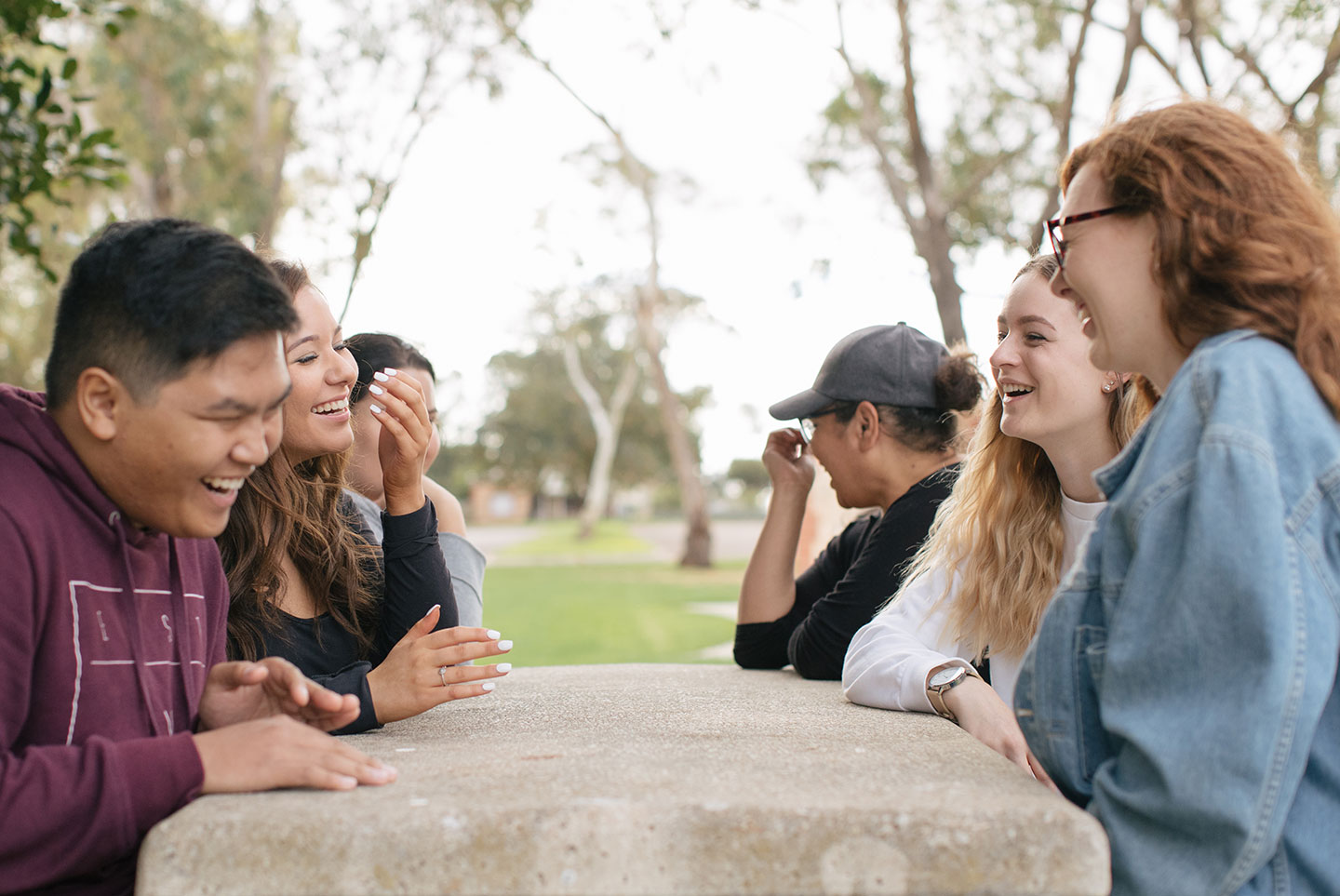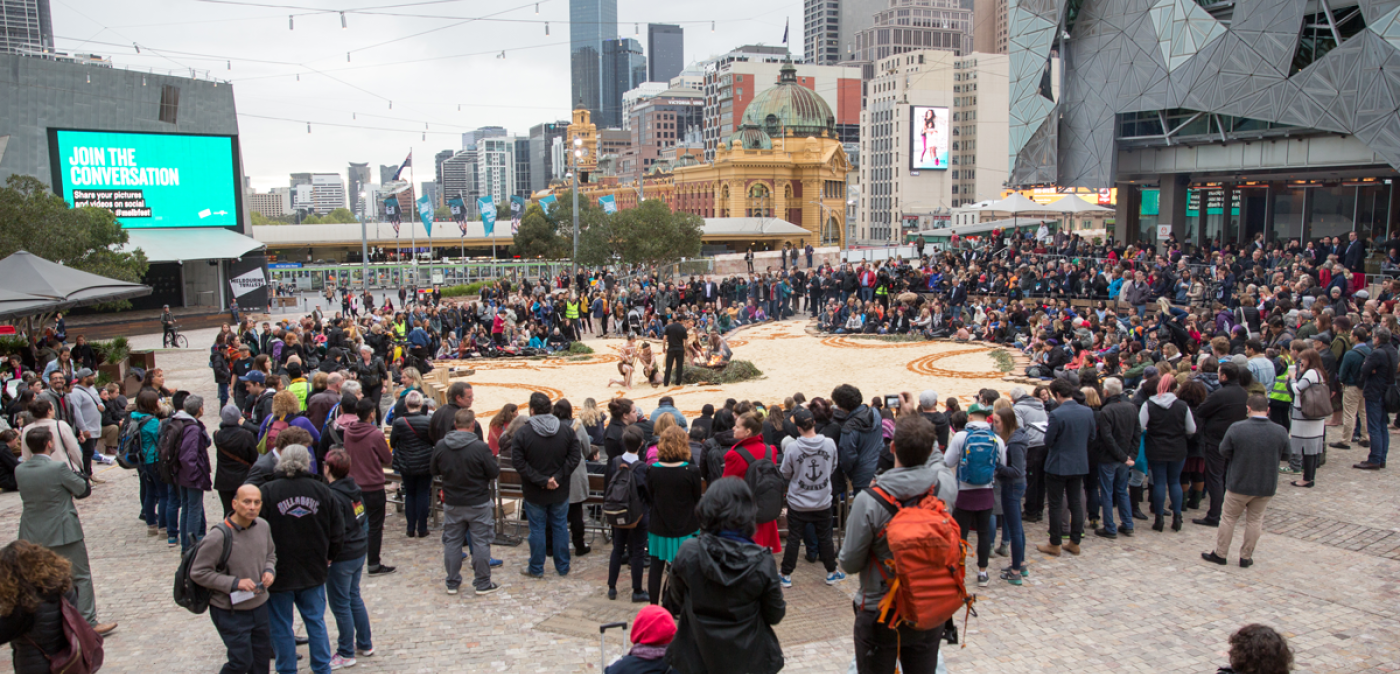
Attend local First-Nations-led events
There’s a lot of pressure on First-Nations people to engage with non-Indigenous communities on their terms. For example, First Nations people are often requested to conduct a Welcome to Country at non-Indigenous events. The one-sided nature of this engagement can become draining for First Nations people.
Attending a local First-Nations-led event is an opportunity to reciprocate the engagement and can lead to a more mutual relationship in the future. First-Nations-led events provide opportunities to meet local people and learn about local culture and history on First Nations people's terms. Supporting and attending these events shows that you’re invested in what’s important to First Nations people. Such events are sometimes advertised on your local Council website, local paper or local First Nations social media pages.
Visit local First Nations organisations
Find out if there's a local First Nations organisation in your region (search online or ask your local council). First Nations organisations will likely have information about local history and culture, as well as contacts for Welcome to Country, cultural consultants and suggestions of ways you could partner together in the future.
Invite a local First Nations representative to speak at your organisation or next event
You may pay for a local First Nations community member to come and deliver a talk or workshop. This could take many forms depending on the context; for example, cultural training for staff, an assembly presentation for students or a segment of a church service. If you're interested in this option, be aware of cultural responsibilities (see below).
Helpful tips
Acknowledge diversity
There are hundreds of distinct Aboriginal and Torres Strait Islander groups across the nation, each with unique cultures, languages and beliefs. There's significant variation between, and even within, First Nations communities. Every community will have some similarities, but there might also be different customs, ways of communicating and sensitive issues. It’s important to be aware that one First Nations person may not necessarily be the sole voice for the whole community in which they live.
Who is an Elder?
A First Nations Elder is someone recognised within their community as a custodian of cultural knowledge and law. A recognised First Nations community leader could also gain Elder status within their community. In some instances, First Nations people above a certain age will refer to themselves as Elders. However, age isn’t a prerequisite, and doesn’t automatically make someone an Elder. The important thing is that the community recognises the individual as an Elder.
The best way to find out if someone is an Elder is to ask them politely, or learn from members of the Elder’s First Nations community. Some Elders are given the title Uncle or Aunty. This title is generally bestowed on someone by their community. Some Elders may choose to use the title publicly, others might reserve the title for those they have a personal connection with. It’s best practice to ask an Elder if they wish to be referred to as Uncle or Aunty before adopting these titles.
Who is a Traditional Owner or Custodian?
The term ‘Traditional Owner’ is used to refer to a First Nations person who’s directly descended from the original occupants of a culturally defined area, and is culturally connected to their Country.
Some people prefer the term ‘Custodian’ over ‘Owner’, as it’s more reflective of the role of First Nations people in caring for the land rather than ‘owning’ it in the Western sense. This can be a sensitive topic, as gaining or being denied recognition as a Traditional Custodian can cause tension within and between First Nations groups and families.
The term Traditional Owner seeks to fit First Nations systems (of landcare, kinship and governance) into a framework that’s more easily recognised and understood by non-Indigenous people, i.e. land ownership. While these terms are widely used, understood and accepted, a preferable alternative is to replace the word ‘Traditional’ with the name of the relevant specific people group, such as ‘Wurundjeri Custodian’.
Be aware of cultural responsibilities
Elders carry many responsibilities, within both First Nations and non-Indigenous communities. When engaging with First Nations people in your region, be respectful of the many demands on their time and try to avoid adding unnecessary pressure.
Take it slow
It can take significant time to build up trust and respect within a First Nations community. What's important to you may not be as important to the people you're working alongside. Short-term approaches to engagement often result in pain. First Nations people should dictate the pace of any engagement.
For more information and guidelines to using appropriate language, download our Language and Terminology Guide.
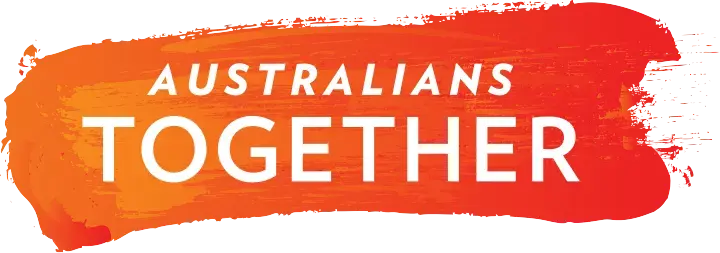
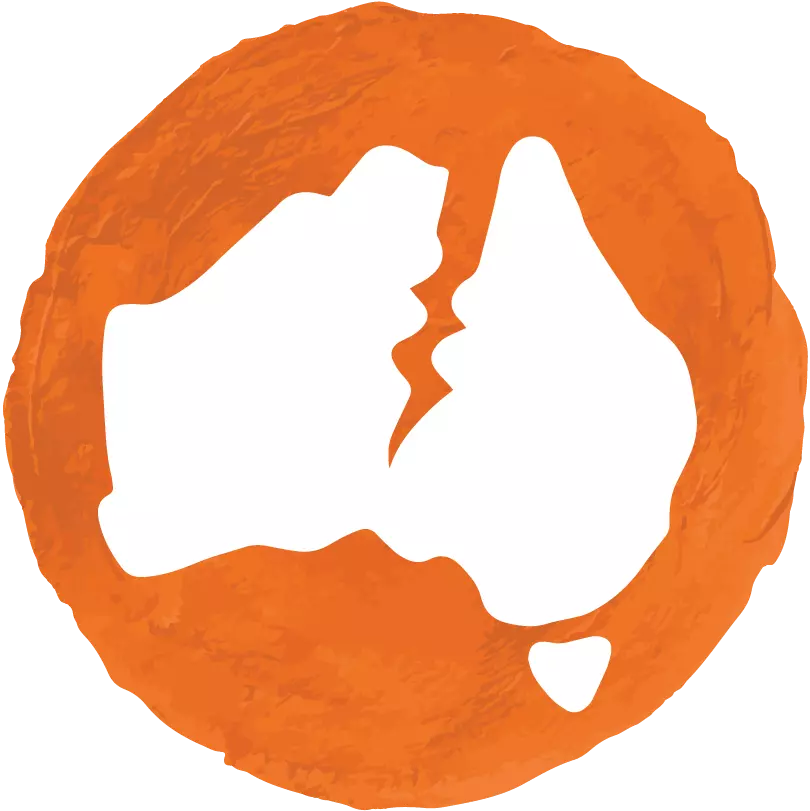 The Wound
The Wound
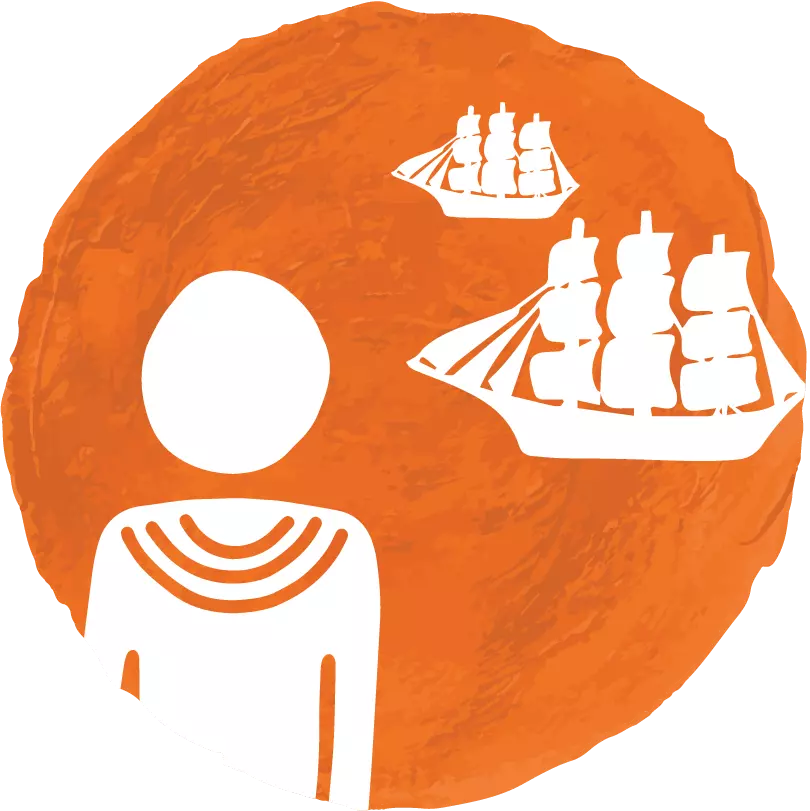 Our History
Our History
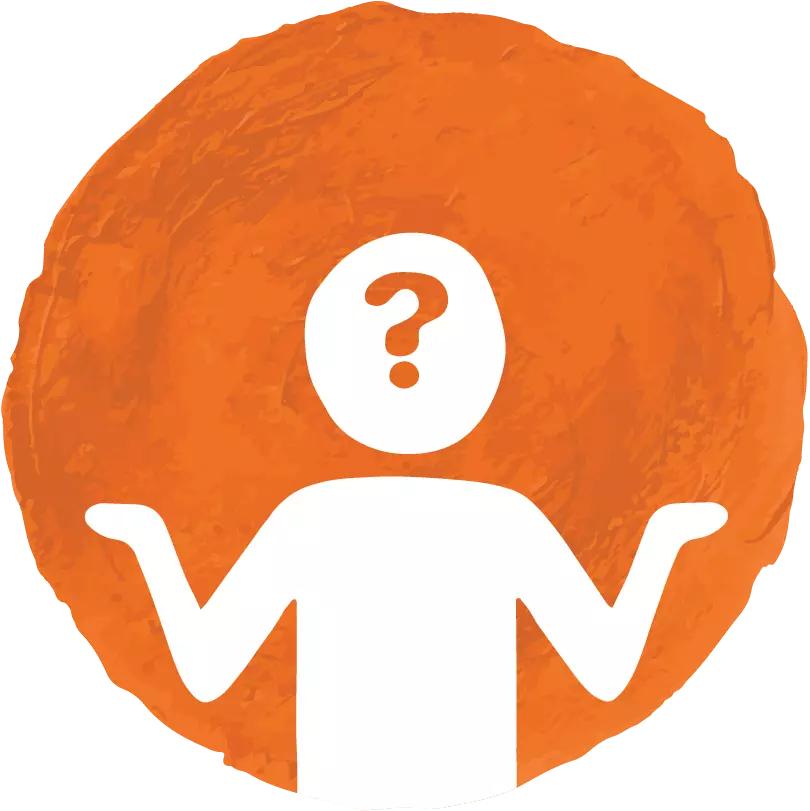 Why Me?
Why Me?
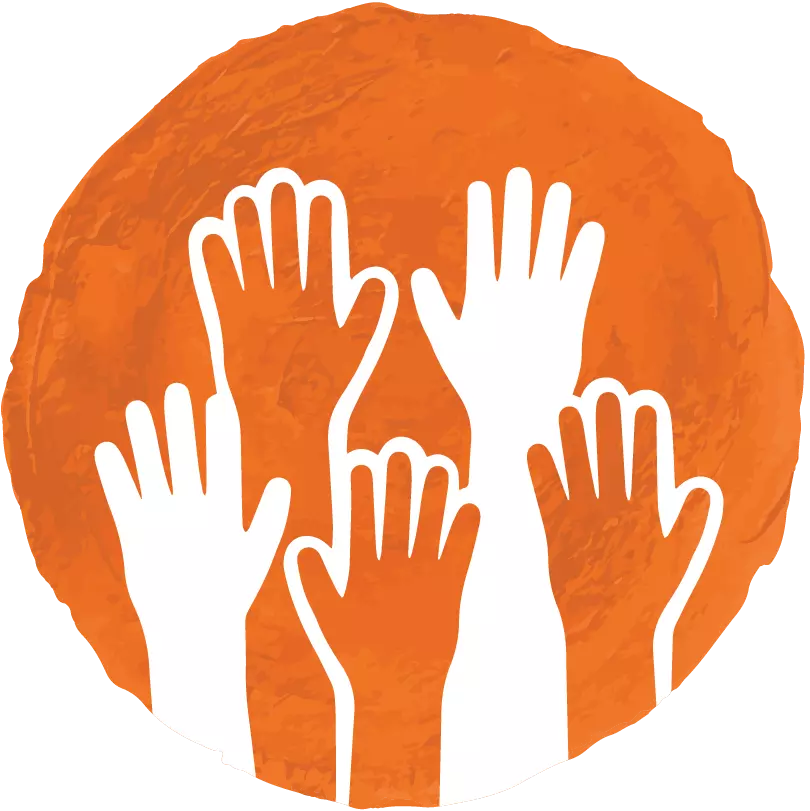 Our Cultures
Our Cultures
 My Response
My Response

